Photographs: Reuters
Climate change is a subject which should not be restricted to corporates and governments, says Rajni Bakshi. If religious heads take a lead in explaining perils of global warming and ways to minimize it, the message can reach to huge masses, she believes
At a time when governments and businesses are perceived to be too slow in responding to climate change a new hope is being pinned on the religions of the world.
Worried environmental activists have convinced many religious leaders and institutions to mobilize the faithful to both pray for a stricter global agreement to check climate change and also to withdraw their investments from fossil fuel companies.
…
Religion heads should educate masses on climate change: Rajni Bakshi
Image: We need to reduce how much fossil fuel we are burning.Photographs: Reuters
It is estimated that there is still much more money being invested in exploration and extraction of fossil fuels than is being invested in clean energy. According to the research company Bloomberg New Energy Finance, in 2013 investment in renewable energy and energy smart technologies dropped by 12 percent, after falling 9 percent in 2012 from a record of $317.9 billion in 2011.
It is estimated that around the world governments are still subsidizing the consumption and production of fossil fuels by between $600 billion and $1 trillion every year.
…
RIeligion heads should educate masses on climate change: Rajni Bakshi
Image: Protests against climate change are rising the world over.Photographs: Reuters
But what can the religions of the world possibly do about these trends and their grim implications for climate change?
Religious idiom is sought to be used to urge people to make life style changes that would help to lower carbon emissions. For example, the first ever Hindu Environment week was observed from 17th – 23rd February.
Promoted by the Bhumi Project of the Oxford Centre for Hindu Studies this Environment Week was the first step in a long term campaign that would reach out to Hindus across the world -- invoking the scriptures on the importance of honoring mother nature.
The campaign will urge people to both pray for a strong global agreement on climate change and pledge to reduce those activities which are causing runaway climate change.
The premise is that protecting the atmosphere is not just an economic matter, it is also an ethical and moral issue that can be addressed by those who steeped in religious faith.
…
Religion heads should educate masses on climate change: Rajni Bakshi
Image: Houses near the sea devastated by Super Typhoon Haiyan are seen in Tacloban city, central PhilippinesPhotographs: Romeo Ranoco/Reuters
However, the more strategically powerful aspect of this faith mobilization is to do with the world of finance. Some rich religious institutions are divesting their stake in fossil fuel companies.
All these actions are aimed at creating an impact to ensure that a meaningful global agreement on emissions is reached at United Nations Summit due to be held in Paris towards the end of 2015.
Such endeavors are gathering public support as freakish weather events across the world are being linked with climate change.
For example, last year’s catastrophic deluge in Uttrakhand, cases of extreme flooding in UK ,forest fires in Australia and blizzards in the USA
Cilck NEXT to read more...
Religion heads should educate masses on climate change: Rajni Bakshi
Image: United Nations Secretary-General Ban Ki-moon talks during the international conference on climate change in Dhaka. in 2011Photographs: Andrew Biraj/Reuters
Consequently, the Church of England is reviewing its investments in fossil fuel companies – with one bishop describing climate change as “ a great demon of our day”.
Steven Croft, the bishop of Sheffield, was recently quoted by the Guardian as saying that the church has a "critical role" to play in lobbying politicians on climate change in order to bring about manifesto commitments to reach the target of an 80% reduction in UK greenhouse gas emissions by 2050.
Behind the scenes such initiatives are being championed by Christiana Figueres the Executive Secretary of the UN Framework Convention on Climate Change (UNFCCC). Figueres, better known as “the U.N. climate chief” , has been urging investors to move out of high-carbon assets like oil and coal and into assets promoting renewable energy, greater energy efficiency and more sustainable ways of doing business.
...
Religion heads should educate masses on climate change: Rajni Bakshi
Image: The total carbon which we as individuals are responsible for is called our carbon footprint.Photographs: Reuters
"The continued and dangerous rise in greenhouse gases in the atmosphere is in large part the direct result of past investments in energy and mobility systems based on the use of fossil fuels, Figueres said at the Investor Summit on Climate Risk at U.N. headquarters in January this year.
Scientists have estimated that world is to stay under a 2 degree Celsius temperature rise in order to avoid catastrophic climate change. According to the International Energy Agency, this requires an estimated investment of $36 trillion in clean energy by 2050.
It is impossible to predict whether religious organizations can mobilize enough global public pressure to bring about a strong global agreement that would change these trends. But it is an effort that seems set to gather momentum.

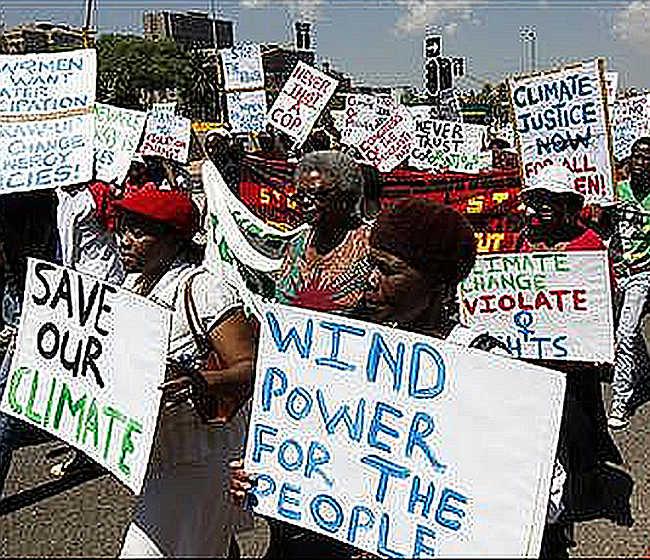
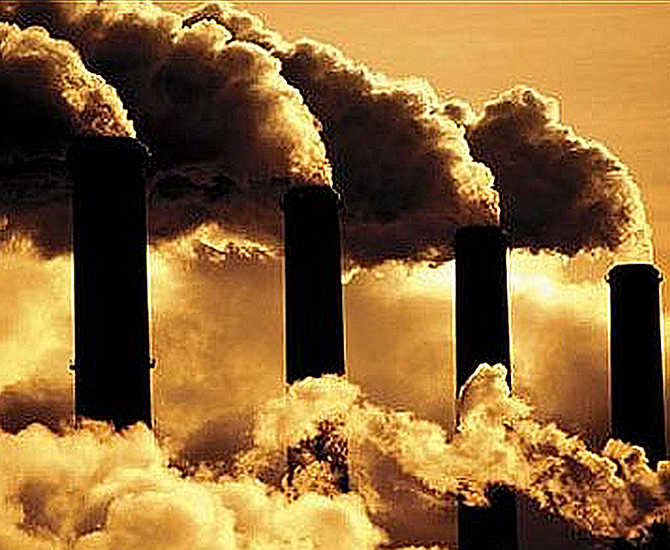
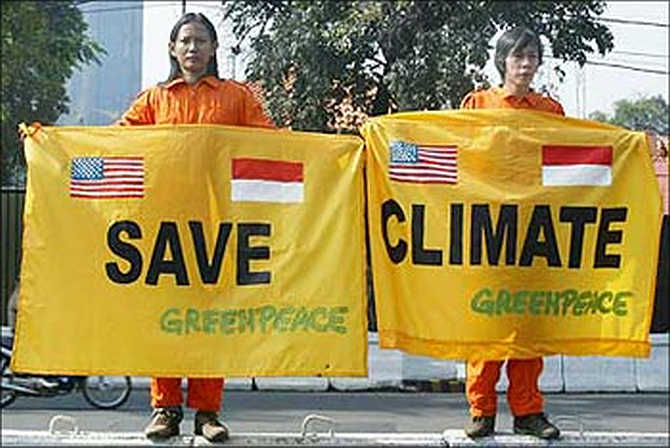
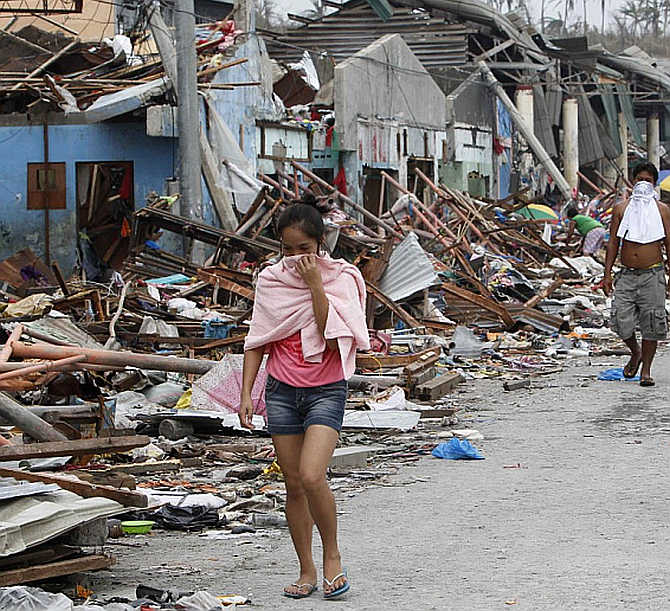
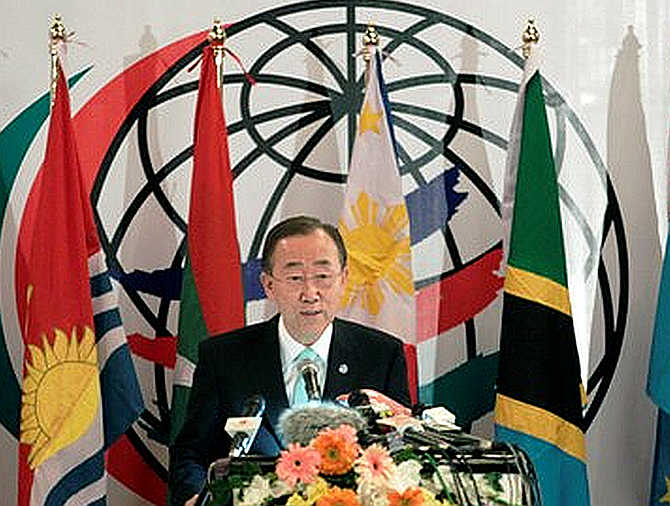
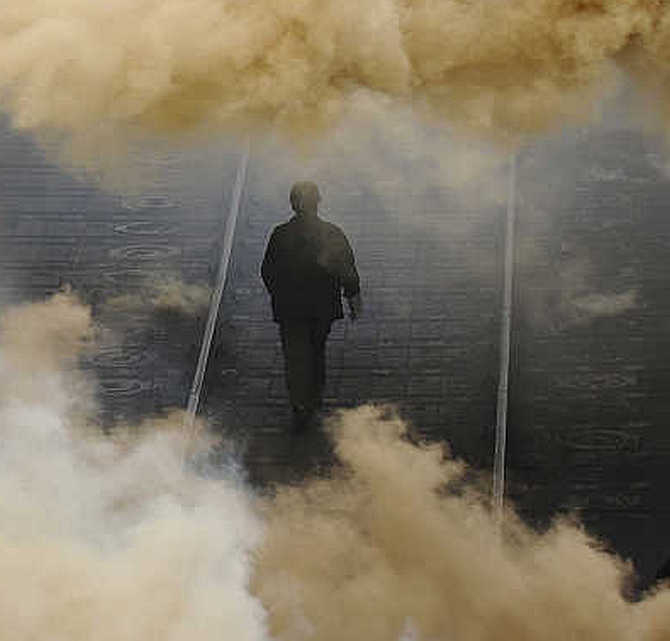
article